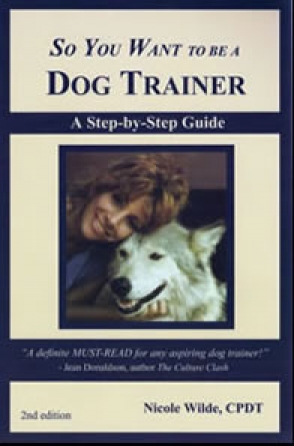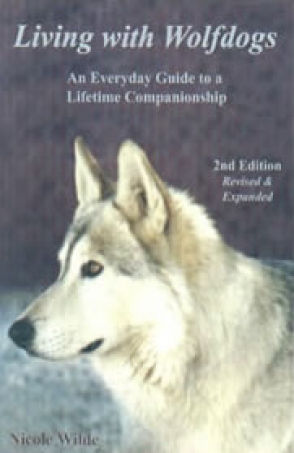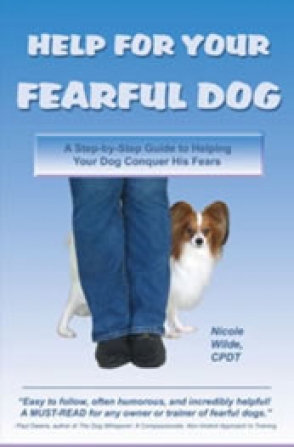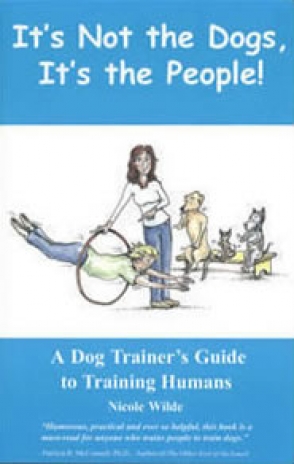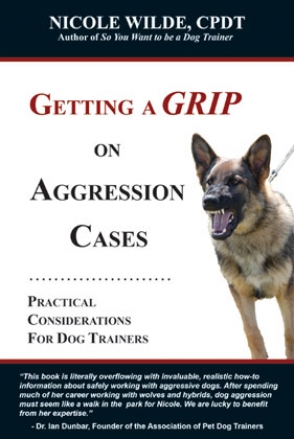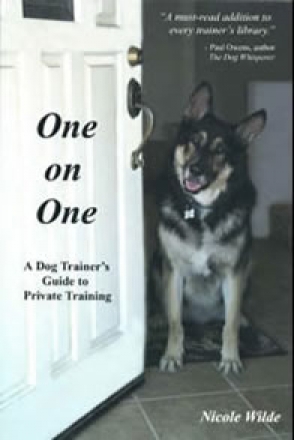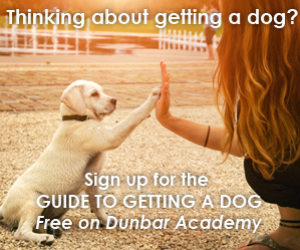This step-by-step guide contains invaluable resources for the aspiring or established professional dog trainer.
Harleys, Pizza, and the Power of Assocation
As I sit working at the computer, the quiet of our peaceful rural road is broken by the roar of a Harley Davidson. The motorcycle belongs to my neighbor—let’s call him Mike—a large, bearded, tattooed man. Now, this sound could easily irritate me and engender negative thoughts but, in fact, I find it comforting. How, you wonder, could this sound possibly be comforting? Because Mike is the neighbor who, during the near-apocalyptic fires we had not too long ago, came and alerted us to evacuate (the winds were so high we missed the police driving through yelling through a bullhorn). Mike is also the man who appeared like an angel out of nowhere to transport my wolf Phantom in his crate off the fiery road when things had gone awry and we weren’t able to. Oh, and when it was Phantom’s time for that final drive to the vet, Mike is the one who helped my husband to lift him in a makeshift stretcher into the back of my Jeep. In short, I have warm, grateful feelings toward Mike, so when I hear a sound associated with him, I feel comforted.
It really is all about associations, in all areas of our lives. Ever notice how when you read an online post from someone you’re not particularly fond of, what they have to say seems uninteresting, or worse? And yet the same exact words posted by someone you like and respect may have an entirely different impact. Of course, this world of associations is also the one in which our dogs live.
Many dogs are afraid of the sound of the garbage truck. But if every time the garbage truck arrived, the driver hopped out, knocked on the door, and delivered a nice, juicy steak to your dog, what do you think your dog’s reaction would be when he heard the sound? The vet’s office is another situation that carries a negative charge for many dogs. But what if your dog, who loves to play, got to enjoy a rousing game of tug each time he waited to see the vet? What if he visited the office sometimes not to be treated, but simply to play games, and receive treats and attention? Sure, there will always be some unpleasant physical procedures he’ll have to endure, but if the overall experience is a pleasant one (treats during and after help!), his anxiety level will be much less.
Your own demeanor also plays a large role in creating associations. If your dog feels that every time you visit the vet’s office you seem nervous, he’ll wonder what there is to worry about. If you seem uptight when walking down a certain street (perhaps you know of a reactive dog behind a fence), he’ll go on alert. Start noticing the ways you might be influencing your dog’s associations, negative or positive.
Here’s a useful exercise: make a list of things your dog is afraid of or finds unpleasant. It might be the vacuum cleaner, the sound of garbage bins rolling outdoors, an experience such as visiting the vet, the presence of a particular person, or encountering children at the park. Narrow down the trigger as much as possible. Is it a sound? A movement? A particular sight at a specific distance? Consider too whether you could possibly be contributing to the issue in any way.
Now list the things your dog enjoys. This might include certain types of food or treats, games such as fetch or tug, training exercises (including tricks), a type of petting, or a tummy rub. Think outside the box, too. Does he enjoy rolling on the grass? Sniffing another dog? Chasing you or being chased? Great. Now you’ve got something to work with.
Choose an item from your “afraid of/unpleasant” list, and consider ways to combine it with something from the “enjoys” list in a context where the trigger is less threatening than usual. For example, your dog could chew on a yummy stuffed Kong as someone vacuums in another room with the door closed. You could remain at a distance at the park from where children are playing, while playing fetch with your dog. A shower of cheese could appear each time the garbage truck rolls by. Use your imagination. By creating positive associations with those things your dog isn’t comfortable with, you’ll soon change his reactions. Just go slowly and be patient. …Aah, I think I hear the doorbell… pizza delivery…strange, I feel suddenly elated! Gotta run!

